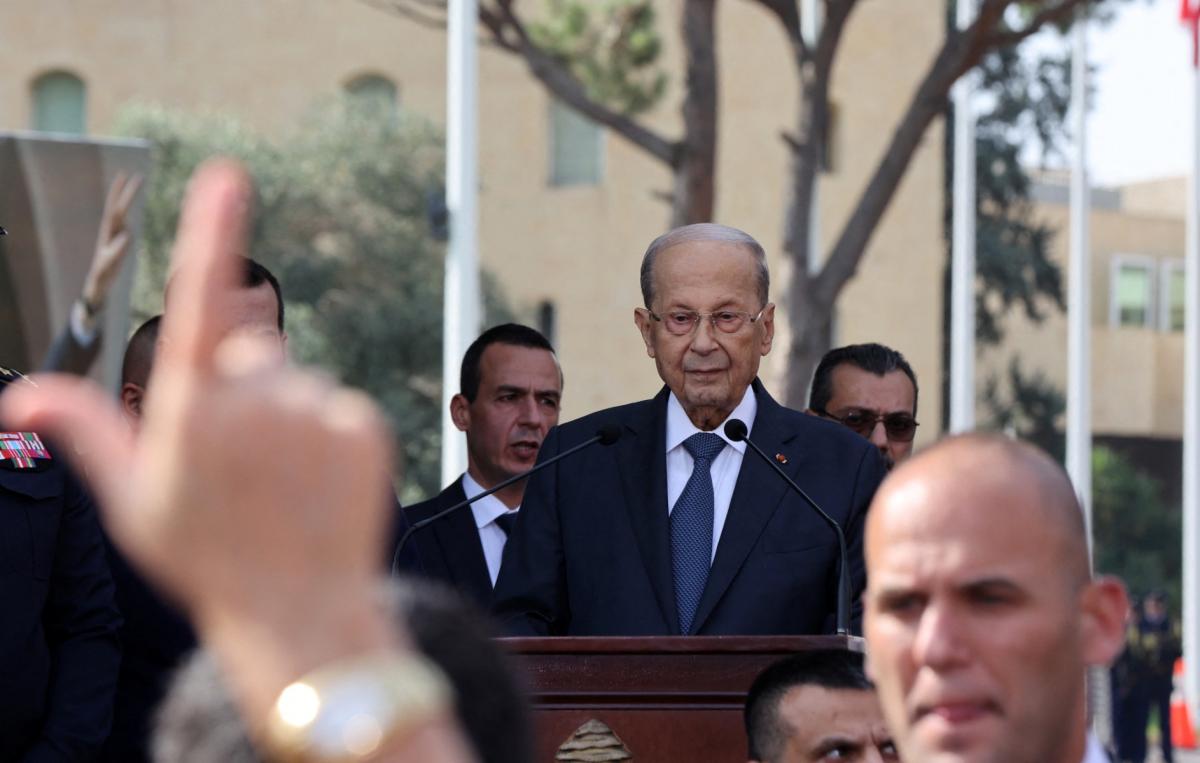Splits, expulsions, and political inheritance are familiar features of party life worldwide, not just in Lebanon. But never before have we seen four sitting MPs, joined by former deputies and party figures, break away together as happened within the Free Patriotic Movement. Whether the parliamentary quartet — Ibrahim Kanaan, Elias Bou Saab, Alain Aoun, and Simon Abi Ramia — resigned or were dismissed, the result is the same: MP Gebran Bassil has consolidated his grip on the party leadership with the blessing of its founder General Michel Aoun, Bassil’s father in law.
The real test of the move’s impact on the base, particularly in the quartet’s constituencies — Keserwan-Jbeil, Metn, and Baabda — will come in the parliamentary elections scheduled for spring 2026. A decline in the FPM’s popularity is not new; it has been steadily losing ground since 2005, when it swept nearly 70 percent of Christian votes and became the largest parliamentary bloc. The reasons lie in its record in power after General Michel Aoun became president, and in choices that have strayed from the historic path of the Christian political community. Examples abound, from the “Mar Mikhael agreement” with Hezbollah, to the so-called “Alliance of Minorities” cloaked in “Eastern Christianity” alongside Syria’s Assad regime, and finally to the “axis of resistance” now exhaling its last breath.
The focus now is not only on whether each of the four will manage to return to Parliament, but on how many votes they will secure compared with the FPM’s official candidates. Most of their votes will likely come from within the FPM’s traditional base; if their tallies are high, it will signal anger over their expulsion or forced resignation.
General Michel Aoun is now personally waging a campaign to block the quartet’s return to Parliament and limit their popular appeal. Having already secured political “inheritance” for Bassil and paved his way to lead the FPM, Aoun is seeking a new “green light” from the public to confirm that legacy and to slow down the party’s continued decline, visible in the 2009, 2018, and 2022 elections. Once again, he finds himself replaying the 2018 scenario of “I am Chamel, and Chamel is me,” when he visited Keserwan on the eve of the vote to promote his son-in-law Chamel Roukoz, forgetting for a moment that he was then president of the republic.
“I am Gebran, and Gebran is me” appears to be the slogan of the 2026 elections for the Aounist movement. General Aoun is trying to rally as much of the base as possible within the FPM to ensure the broadest popular backing for Bassil. His frequent participation in Bassil’s weekly regional tours ahead of the next elections fits within this strategy.
This context explains Aoun’s post on platform X on November 10, 2025: “Some who were dismissed from the movement, or resigned preemptively, claim they are at odds with the leadership but maintain good relations with me. The truth is, I chaired the Council of Elders that ruled on their expulsion for deviating from the policies, rules, and principles of the movement that I myself established. I cannot maintain good relations with those who have betrayed the movement and its values.”
The accusation of “betraying” the movement and its principles amounts to political bloodletting at the ballot box, stripping the quartet of one of its key arguments — that they remain Aounists in principle and ideology, differing only in their management of the party. This electoral clash will intensify as the 2026 vote nears, with defeating the quartet now a higher priority for the FPM than even its ongoing rivalry with the Lebanese Forces.
The coming elections will separate and then combine the votes of the quartet and those of the FPM, revealing each side’s true weight regardless of alliances, lists, or vote quotas. The 2022 polls showed, despite the FPM’s internal instructions to favor some of its candidates over others, that none of its contenders reached the electoral threshold in the three districts, unlike the Lebanese Forces whose MPs Pierre Bou Assi, Melhem Riachi, and Ziad Hawat all exceeded it. Ultimately, the final verdict on the FPM’s popular strength and the impact of the quartet’s exit will come from the ballot box — and spring is not far away.
Please post your comments on:
[email protected]
 Politics
Politics







